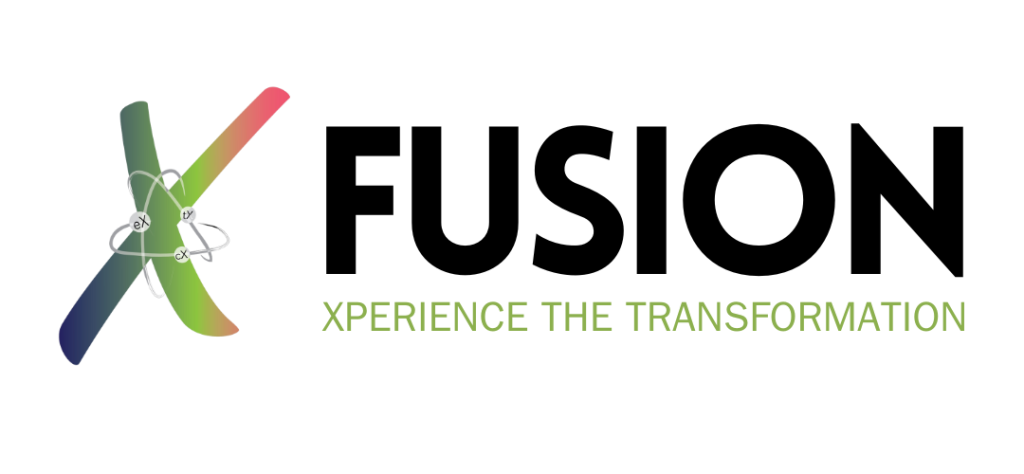In the realm of education, teachers serve as the guiding lights, sculptors of young minds, and pillars of society. Yet, behind the scenes, many educators grapple with an adversary that threatens their well-being and efficacy: burnout. Burnout in the education sector has reached alarming levels in recent years, with factors like workload, administrative demands, and societal pressures contributing to its prevalence. However, amidst the challenges lies a beacon of hope: performance development systems. These structured approaches offer a pathway towards mitigating burnout and fostering a supportive environment for educators to thrive.
Understanding Burnout in Education:
Before delving into solutions, it’s crucial to comprehend the intricacies of burnout in the education domain. Educators often face overwhelming workloads, juggling lesson planning, grading, administrative tasks, and extracurricular responsibilities. Moreover, the emotional labor of empathizing with students, navigating behavioral issues, and managing parental expectations can further exacerbate stress levels. As a result, many teachers experience emotional exhaustion, cynicism, and a sense of reduced professional efficacy – hallmark symptoms of burnout.
The Role of Performance Development Systems:
Performance development systems encompass a range of strategies designed to support educators in their professional growth and well-being. These systems move beyond traditional evaluations and embrace a holistic approach to fostering a culture of continuous improvement. Here’s how they can help prevent burnout in the education sector:
- Clear Goal Setting and Expectations: Performance development systems facilitate transparent communication between educators and administrators regarding performance expectations. By clearly delineating goals and objectives, teachers gain clarity on their roles and responsibilities, reducing ambiguity and stress.
- Professional Growth Opportunities: These systems prioritize professional development initiatives tailored to educators’ needs and interests. Whether it’s attending workshops, pursuing advanced certifications, or participating in peer learning communities, access to growth opportunities nurtures a sense of fulfillment and purpose, combating feelings of stagnation and burnout.
- Feedback and Recognition: Constructive feedback and recognition for accomplishments are integral components of performance development systems. Regular feedback sessions provide educators with valuable insights into their strengths and areas for improvement, fostering a culture of learning and growth. Additionally, acknowledging teachers’ efforts and achievements reaffirms their value within the educational community, bolstering morale and motivation.
- Work-Life Balance Support: Recognizing the importance of work-life balance, performance development systems advocate for policies and practices that prioritize educators’ well-being. Flexible scheduling, wellness programs, and initiatives to reduce administrative burdens contribute to a healthier work environment, allowing teachers to recharge and prevent burnout.
- Collaborative Culture: Collaboration lies at the heart of effective performance development systems. By fostering a collaborative culture among educators, schools cultivate a sense of camaraderie and mutual support. Peer collaboration not only enriches instructional practices but also serves as a source of emotional support, buffering against the isolation often associated with burnout.
Burnout poses a formidable challenge in the education sector, threatening the well-being and effectiveness of educators. However, by embracing performance development systems, schools can proactively address this issue and create a nurturing environment conducive to teacher growth and flourishing. Through clear goal setting, professional growth opportunities, feedback mechanisms, work-life balance support, and a collaborative culture, educators can reclaim their passion for teaching and empower future generations with renewed vigor and enthusiasm. As we navigate the complexities of education, let us prioritize the well-being of those who shape the minds of tomorrow, for they are the architects of a brighter future.
Learn more about how you can implement an effective Performance Development System within your school. Download our ebook ‘Teacher Exodus: Combatting Teacher Attrition with Effective Performance Systems’ today to get started!





